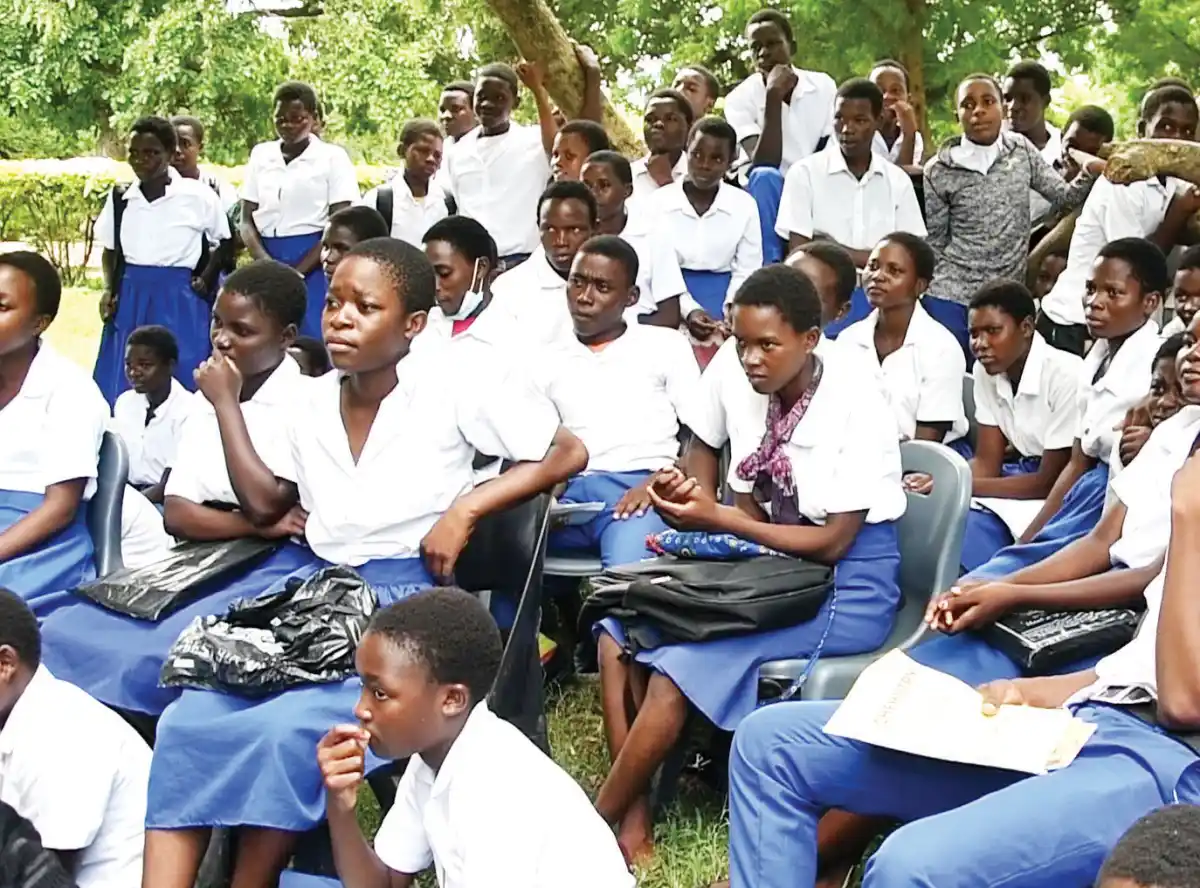
Students and families that are reaching out to the public are doing so out of desperation. – Education analyst Steve Shara
By Deogratias Mmana:
A crisis is unfolding in the education sector, evidenced by what seems to be a growing number of secondary and university students asking for help.
This is happening when the government introduced the Higher Education and Students Loans and Grants Board and increased Constituency Development Fund to K150 million for each of the 193 constituencies.
Government has admitted the social problem but it attributes this to what it calls the many opportunities that have opened up for learners to access education.
But education analysts say it is a sign of government’s failure to cushion the poor from economic crisis for them to be able to access education.
“This phenomenon is a manifestation of the dire situation of the economy and the predicament this has put many families in.
“Ordinarily, begging is self-degrading behaviour and is highly stigmatised in many societies. Students and families reaching out to the public are doing so out of desperation. It speaks to government failure to cushion families experiencing economic hardship, and to provide a quality, affordable education to Malawians,” education analyst Steve Sharra said.
Sharra argues that Malawi needs to grow an economy that takes care of everyone’s needs and makes higher education affordable and available to everyone who desires it.
“While this gives the impression that secondary and higher education are very expensive, the reality is that it is the economic profile of the average Malawian that is the problem. Education is an investment, and good quality education needs to be well funded. We have very low levels of attainment for secondary and higher education,” he said.
He said up to 92 percent of adult Malawians do not have a secondary school education, and only three percent of adult Malawians have acquired tertiary education.
“These rates are too low to make a difference towards the achievement of 2030 goals and the Malawi 2063 vision. Thus adequate funding for basic, secondary and tertiary education remains a top priority for this country,” Sharra said.

Executive director for Civil Society Education Coalition (Case) Benedicto Kondowe said the rise in appeals for school fees is due to worsening economic challenges that are leaving many families unable to afford secondary education.
Kondowe said the problem is multifaceted, including economic difficulties, inefficiencies in bursary distribution and a lack of accessible, sustainable financial support for education.
“Many families are genuinely struggling. The rising cost of living and limited job opportunities have made it increasingly difficult for parents, despite their best efforts, to afford school fees,” Kondowe said.
He said while there is government bursary scheme in place, the system faces poor implementation, insufficient funding, lack of transparence and a lack of awareness among eligible families about how to access the funds.
He urged the government to invest more in strengthening and expanding the bursary scheme.
He attributed the underutilization of CDF to lack of public awareness and possible mismanagement.
He accused Members of Parliament of politicizing the CDF and keeping the bursary scheme secret.
“They have completely politicized CDF bursaries with not much accountability as well as coordination with other district level bursaries by government and NGOs. They do not report to the council on its usage for purposes of consolidating district level bursary support,” Kondowe said.
Minister of Information Moses Kunkuyu admitted the crisis and said the Ministry of Education and corporate partners are looking at ways of ensuring that no child drops out of school due to lack of school fees.
“It needs to be understood that we have always had needy students but the number was less due to the then systems of selecting learners to secondary and tertiary schools.
“We now have more opportunities for many learners to attain secondary and tertiary education and this has proportionately increased the number of those seeking help financially,” he said.
In response to this demand, government has also increased the number of students benefiting from the loans scheme and the bursary programs, according to Kunkuyu.








0 Comments